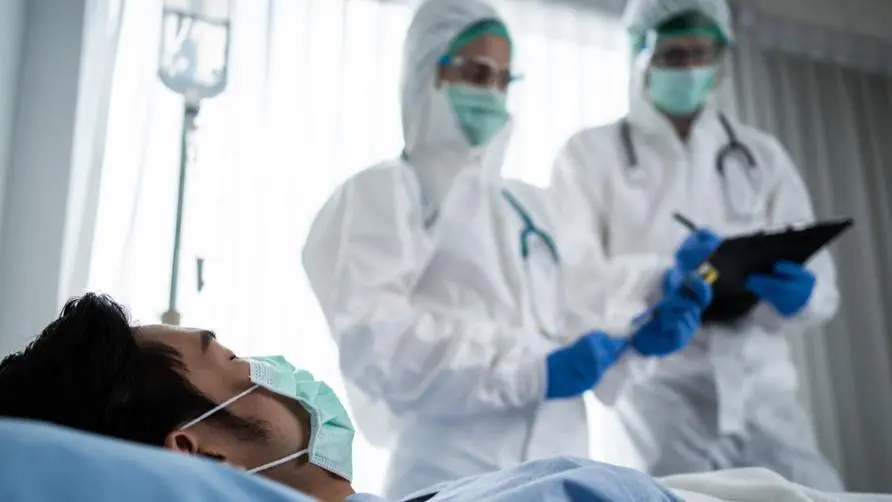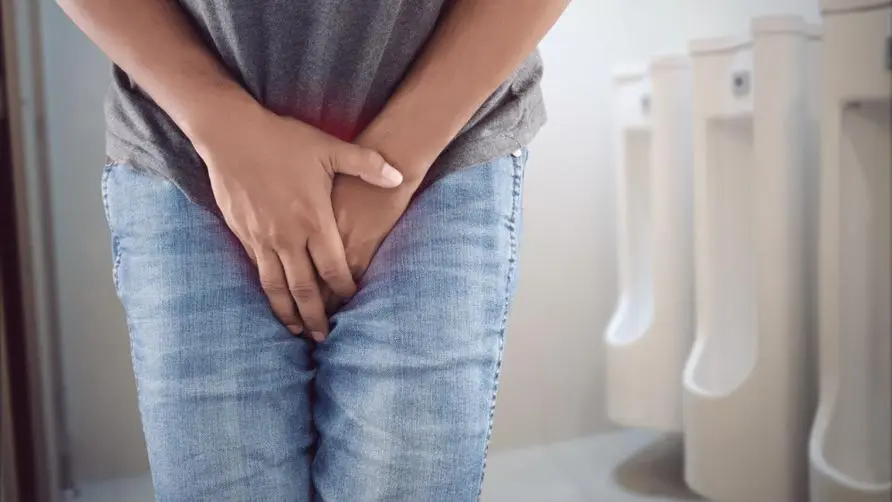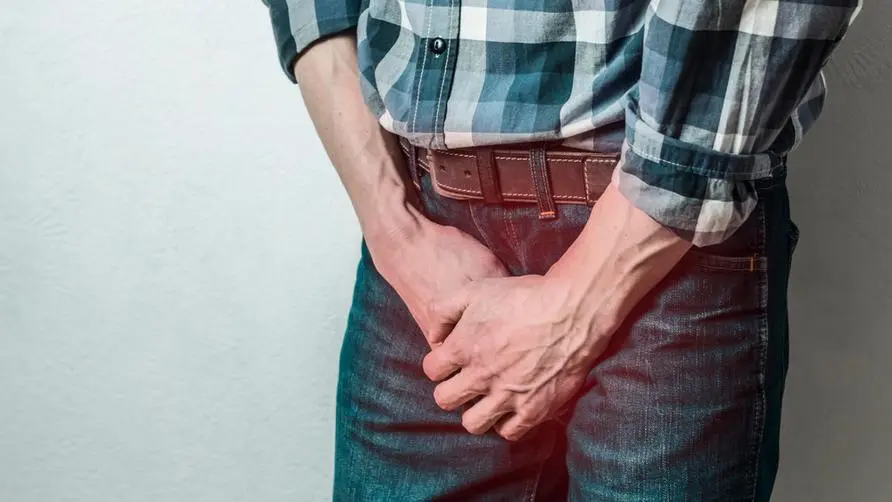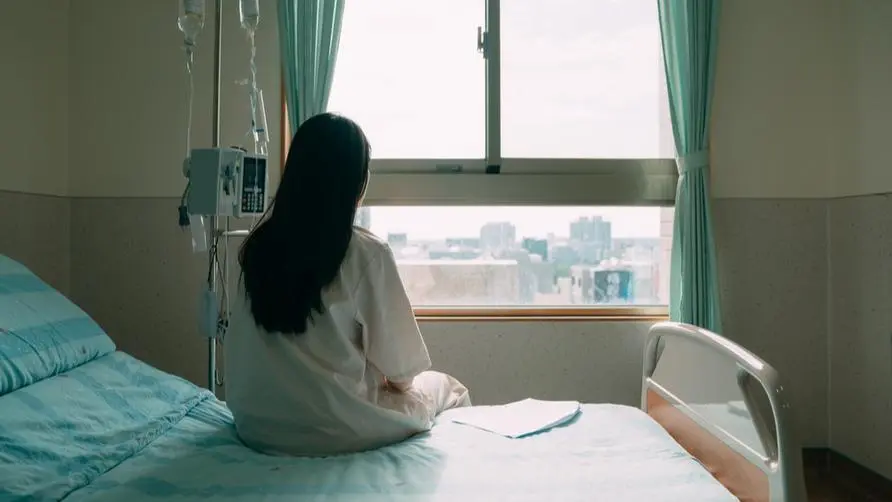I had "blood in my urine" for days and was diagnosed with cancer! "Bladder cancer" recurrence rate nearly half, doctors reveal that "1 treatment" reduces the risk by 80%

Could having “blood in your urine” for days be a precursor to “bladder cancer”? Dr. Lai Zonghao from the Urology Department of Wanfang Hospital said that a man once sought emergency treatment due to severe abdominal pain and high fever. An examination revealed a 3-centimeter tumor in his bladder. Due to sudden bleeding from tumors, sporadic blood clots are produced, which prevents urine from being discharged smoothly, and even causes acute urinary obstruction. Fortunately, the extent of tumor invasion is superficial, and the lesions can be tracked on time after surgical curettage.
If you have bloodshot urination or low back pain, beware of bladder cancer! Chemotherapy combined with “1 treatment” reduces the risk of recurrence by 80%
Dr. Lai Zonghao explained that bladder cancer is the most common cancer in the urinary system, and hematuria is the main symptom. However, about 80% of patients have painless hematuria, so it is not easy to detect early. Other symptoms such as occult blood in urine, painful urination, frequent urination, and blood streaks when wiping are all possible situations. If the tumor grows at the outlet of the ureter, it may cause hydronephrosis, causing waist pain, lower back pain, etc.
Dr. Lai Zonghao pointed out that bladder cancer can be divided into four main stages. In addition, there are stage zero and in-situ cancers that have not invaded surrounding tissues, making diagnosis and treatment relatively easy. If it is in the first stage, only endoscopic surgical curettage is required, supplemented by intravesical instillation of chemotherapy drugs. However, if you want to preserve the organs and avoid complete resection of bladder cancer in the second stage or above, you need to consider chemotherapy, radiotherapy or New immunotherapies are common treatments.
“Even if they receive combined treatment, nearly half of the patients still experience tumor recurrence!” Dr. Lai Zonghao said that due to the high recurrence rate of bladder cancer, if the patient’s finances permit, incorporating “thermal therapy” into the treatment course can reduce the number of tumors by 80%. % chance of recurrence. Lai Zonghao said that studies have confirmed that intravesical chemotherapy drugs combined with warm therapy have a far more significant inhibitory effect than chemotherapy drugs alone.
Smoking and contact with dyes are high risks! Suffering from bladder cancer is related to “6 things”
As for why bladder cancer occurs? According to public information from the Taiwan Ministry of Health and Welfare, Health Promotion Administration, the cause of bladder cancer is still unknown, but the following factors are indeed closely related to the development of bladder cancer:
Smoking habit. According to clinical statistics, nearly 50% of bladder cancer patients are smokers; and their chances of getting bladder cancer are 2-4 times that of non-smokers.
Environmental factors. About 25% of bladder cancer cases are related to the patient’s occupation. It is currently known that chemicals containing “aromatic amines” may take approximately 20 years to develop into bladder cancer. Therefore, workers who have long-term exposure to chemical dyes, dyes, leather, rubber products, mechanics, miners, painters, etc. are all high-risk groups.
Long-term bladder inflammation or infection. Such as repeated cystitis, bladder stones, or certain parasitic infections, such as blood filariasis, etc.
Processed foods. Nitrates and nitrites added to processed foods can increase the risk of cancer by nearly 30%. People who frequently eat barbecued, pickled or fermented foods should pay more attention.
Radiation or chemotherapy. People who have received pelvic radiation therapy or chemotherapy must be aware of the risk of cancer.
Family history of bladder cancer. If a blood relative in the family suffers from bladder cancer, other family members will also have a higher chance of developing bladder cancer.
In addition, people who consume excessive amounts of artificial sweeteners, patients with type 2 diabetes, and those who take large amounts of aspirin medications have also been shown to increase the risk. Dr. Lai Zonghao reminded that the above-mentioned high-risk groups for bladder cancer should drink more water, eat a balanced diet, and maintain a good routine. If they have frequent hematuria or painful urination, they should seek medical examination and treatment as soon as possible.
Source:
Further reading:
Is your vagina often tight, urinating frequently, or uncomfortable? Is “perineal pain” at fault?





